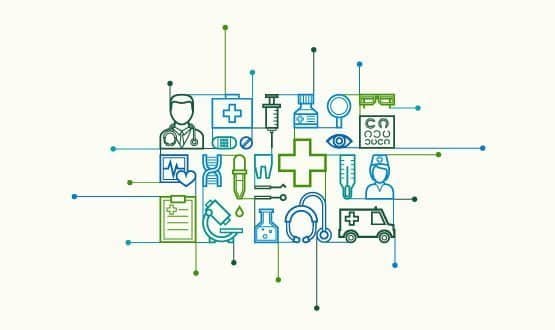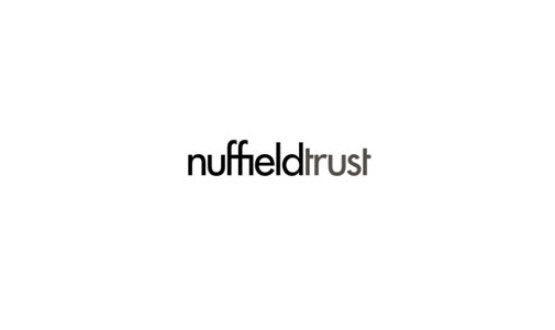X-prize to tackle hospital admissions
- 1 February 2011

A $3m x-prize competition has been launched by the US Heritage Provider Network to develop a ‘breakthrough’ algorithm that can predict and prevent unnecessary hospitalisations.
The $3m prize, open to all comers, will be awarded to whoever can develop and prove a predictive algorithm able to identify patients at risk for hospital admissions. The prize is worth almost twice as much as the Nobel prize for medicine.
The intention of the open competition is to spur innovation in a similar fashion to the x-prize competition to develop a re-usable commercial space vehicle.
The idea is to design a suitable predictive model, so programs and resources can be focused to prevent those admissions – and readmissions.
Teams competing for the prize will have to show that the algorithm developed can reduce hospitalisations using real patient data, including health records and claims data.
Heritage says it believes that the incentivised competition is the best way to achieve the radical breakthroughs and innovations necessary to reform our health care system.
According to the American Hospital Association more than 71m individuals in the US are admitted to hospitals each year. Studies indicate that in 2006 well over $30 billion was spent on unnecessary hospital admissions.
So far, 200 teams of contestants from as far as China and India, as well as Harvard University and Georgia Tech, have expressed interest in the contest, which will officially open in the next three months.
Dr Richard Merkin, president and chief executive of Heritage, said he thinks teams might have the best chance. "The best way to achieve radical breakthroughs and innovation will be to encourage these youngsters to team up, collaborate, and work together to come up with a great technology."
The organisers considered having an entry fee to make sure entrants were serious but decided against it to encourage more people to have a crack at the problem.
Entrants will receive claims information, lab and pharmacy data, hospitalisations, and diagnostic history for 100,000 real but de-identified patients seen in 2009.
Data on patient’s race, ethnicity, weight, age and other socio-economic data will not be provided.
Using this anonymous data, entrants will face the challenge of developing an algorithm to predict which patients were hospitalised.
Links
You Tube




